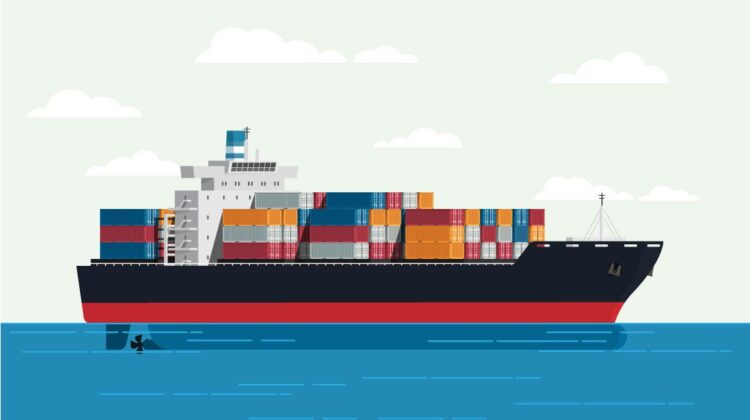
Funding woes of flagging ships
Indian lenders loath to bankroll vessels
The Government has taken some key initiatives in a bid to promote a self-reliant India in shipping, but the financing of ships registered under the Indian flag remains a challenge.
Nothing exemplifies this challenge better than a recent time charter deal involving the Aditya Birla Group company UltraTech Cement and Global United Shipping India Pvt Ltd for transporting cement from Pipavav in Gujarat to Sri Lanka for 15 years using a newly built, India-flagged and Indian-owned ship.
The 22,000-dead weight tonnes (DWT) cement carrier built in an overseas yard for $27 million arrived in India last month.
“None of the Indian banks and financial institutions financed the purchase of the ship despite having a 15-year contract with one of the reputed Indian business groups. Finally, Global United had to arrange money from overseas to finance the construction of the vessel,” said a person familiar with the issue.
The government, he pointed out, was looking to encourage flagging of ships in India.
“Atmanirbhar is fine,” he said. “But how will the owners buy if nobody is financing Indian flag ships? That is the key issue.”
Local banks asked for collaterals such as land and buildings when approached by Global United for a loan to finance the ship purchase. “Collateral for a $27 million dollar ship is the ship itself; Indian banks don’t seem to understand shipping,” he stated.
Fleet owners have also urged state-run oil firms to provide long term charters of at least five years from the prevailing two years to crude tankers and LPG carriers to encourage flagging of ships in India.
The government has been addressing the issues faced by fleet owners in flagging ships in India in a piecemeal manner.
On February 1, Finance Minister Nirmala Sitharaman announced in the Budget a scheme to promote the flagging of ships in India by providing subsidy support to Indian shipping companies in global tenders floated by ministries and state-run firms.
An amount of ₹1,624 crore will be provided over five years for the scheme, she said, adding that it would help boost the share of Indian companies in global shipping.
In October 2020, the government tweaked the priority order on a so-called right of first refusal (RoFR) given to Indian shipping companies to match the lowest rate offered by a foreign flag ship in global tenders issued by state-run firms for hiring ships.
The top priority in exercising the RoFR will now be given to ships built and flagged in India, and owned by lndians, followed by those that are foreign built but lndian flagged and lndian owned. The third priority will be given to lndian built, foreign flagged and foreign owned ships.
Local fleet owners have to come within the 20 per cent range of the lowest foreign bidder to get the right of first refusal to match and take the contract.
The revised RoFR rules are aimed at not only encouraging registration of ships under the Indian flag but also to build ships at local yards which are covered by a separate financial assistance scheme extended by the government.
The Maritime India Vision 2030, a 10-year blue-print drafted by the ministry of ports, shipping and waterways for the maritime sector, has proposed a ₹25,000 crore Maritime Development Fund (MDF) to promote shipping tonnage.
The planned MDF seeks to provide low cost, long tenure financing to the sector.

